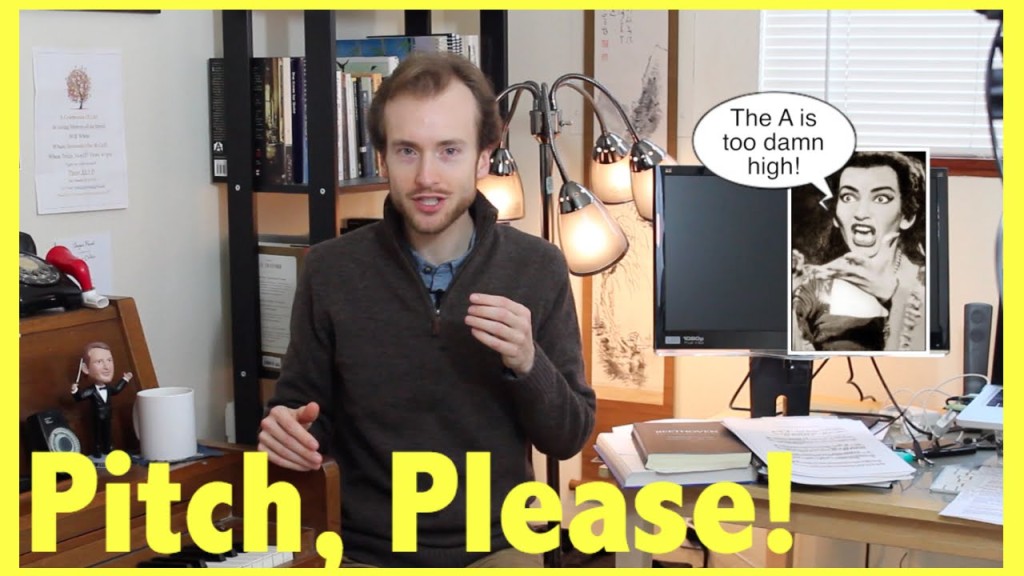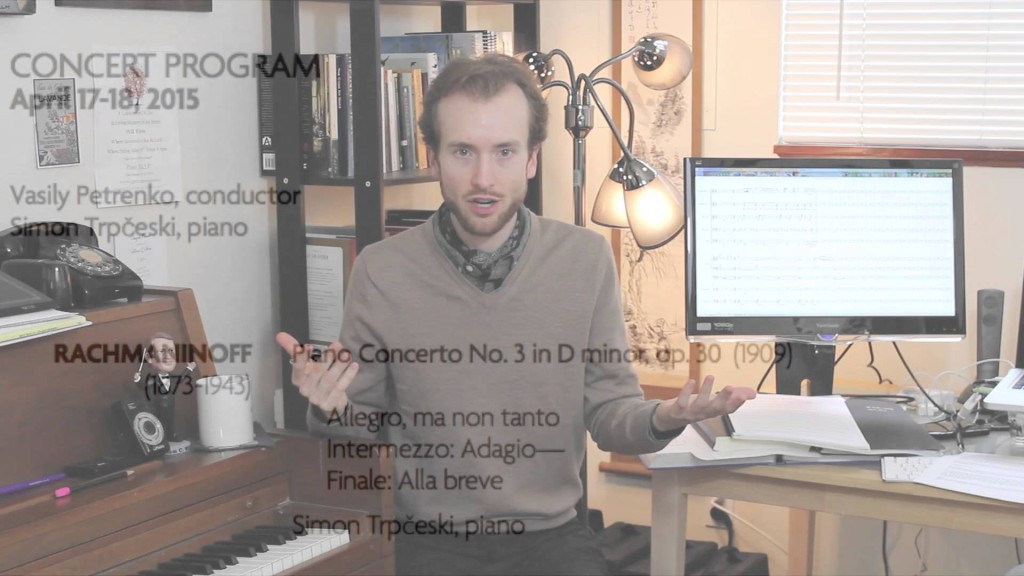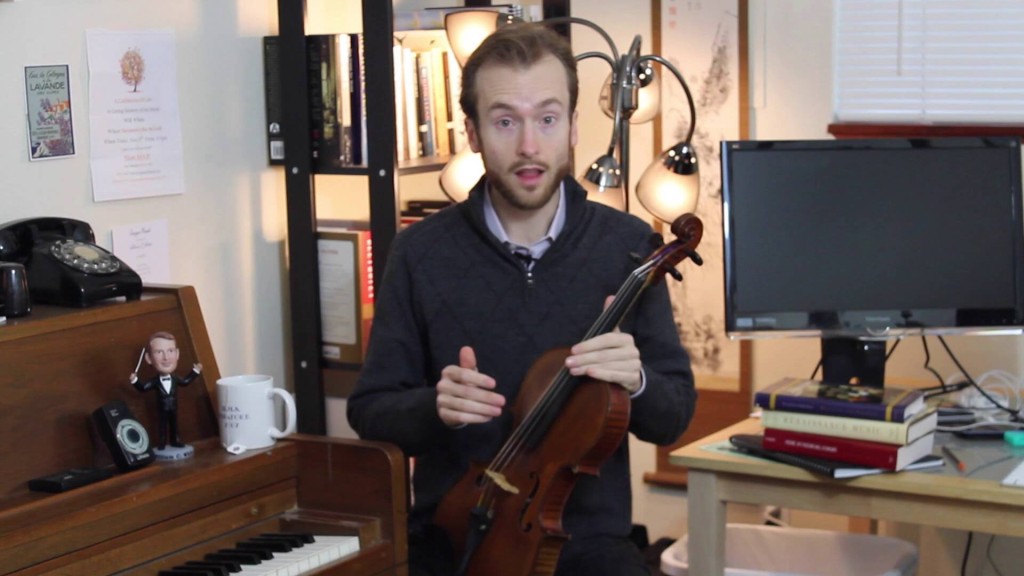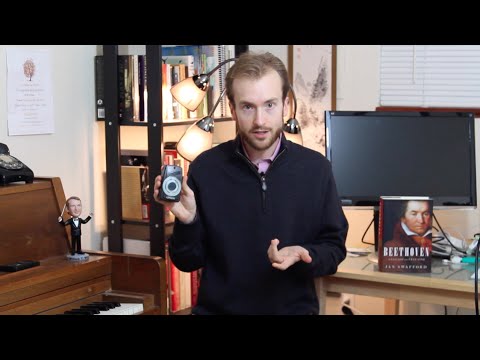Posts Categorized: Ask A Maestro
Ask A Maestro: What is an A?
Ask a Maestro: Has Classical Music ever been the Most Popular?
Ask a Maestro: What is an Opus?
Ask a Maestro: Why do we have Keys?
AKA how does a composer choose the key to write his or her piece in?
Ask a Maestro: Why do instruments transpose?
The rule of thumb when writing for transposing instruments: whatever the key of the instrument, that’s the note that comes out when the player plays a C. Keep that in mind and you won’t have to keep looking things up.
Another way to think about transposing instruments:
- For non-transposing instruments, the musical score is a description of the final result. It is up to the performer to decide how to achieve the notes on the page (which string to play a note on, which fingering to use, etc.)
- For transposing instruments, the musical score is a set of instructions: it tells you where to put your fingers when. The musical result is achieved if you follow the instructions accurately.
A couple extra tips:
- Horn in F sounds a fifth below written, while trumpet in F sounds a fourth above. Because screw you!
- Horn in C: that’s not a transposing instrument right? Wrong!! It sounds an octave below written. Because screw you double!
Ask a Maestro: Why two sections of violins?
Wouldn’t it be better if there were three viola sections? Ask Jean-Baptiste Lully!
Ask a Maestro: Metronomes
A couple things I didn’t get to, since this video was already too long:
- Bartok is another composer who has weird metronome-based issues. He always gave specific metronome markings at the start of his pieces, and then he wrote a final timing at the end of them. If you multiply out the tempo by the number of beats, it almost never equals the final timing that he gave. If you then listen to his own recordings of his works, you usually wind up with a third timing!
- There is, of course, Dr. Beat, which is expensive, but which has all kinds of crazy advanced capabilities, and allows you to do metronome exercises that can really improve your musicianship.
- What did people do before metronomes? I imagine they just had a teacher that would beat them if they played out of time. Also an effective tool.
Ask a Maestro: What is a song?
Or better put, what is not a song? Or even better, why I get so annoyed when I hear the word “song” misused on a daily basis:
Ask a Maestro: Why so many strings?
Let Season 2 commence!!









